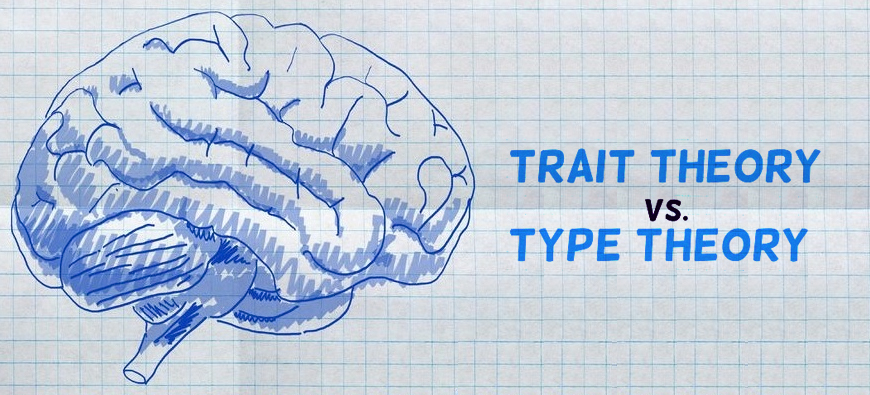There are 2 types of approach or theories to
Personality:
a)
Type &
b) Trait
Type theories are not stable and inconsistent to Trait approaches. Type approach assume that there are separate and discontinuous categories into which persons fit whereas trait approach assumes that there are continuous dimensions such as warmth, extraversion, etc.
Types are not descriptive of persons. Type approach defies the uniqueness of Persons.

Perhaps the earliest known theory of personality is that of the Greek physician Hippocrates (400 BCE) who categorized Human behavior in terms of 4 temperaments each associated with a different bodily fluid or humor such as
a)
Sanguine / Optimistic
type was associated with Blood;
b)
Phlegmatic type (slow
& lethargic) with Phlegm;
c)
Melancholic type (sad,
depressed) with Black bile;
d) Choleric (angry) type with Yellow bile.
An American psychologist, Willian Sheldon developed a widely popularized modern topology of personality in 1940s which classified into 3 categories based on body types:
a Endomorph (heavy &
easy-going)
b)
Mesomorph (muscular &
aggressive)
c) Ectomorph (thin & intellectual or artistic)
Another typology based on Cark Jung’s theory of personality is MBTI (Myers-Briggs Type Indicator), which are used to assess 4 dimensions of personality:
a)
E or I
(Extraversion-Introversion)
b)
S or N (Sensing or
Intuition)
c)
T or F (Thinking-Feeling)
d)
J or P
(Judgement-Perception).
Today, all these Type theories are baseless because it has been established that now personality and moods are not / neither driven by bodily fluids nor on the basis of somatype nor MBTI.
No comments:
Post a Comment